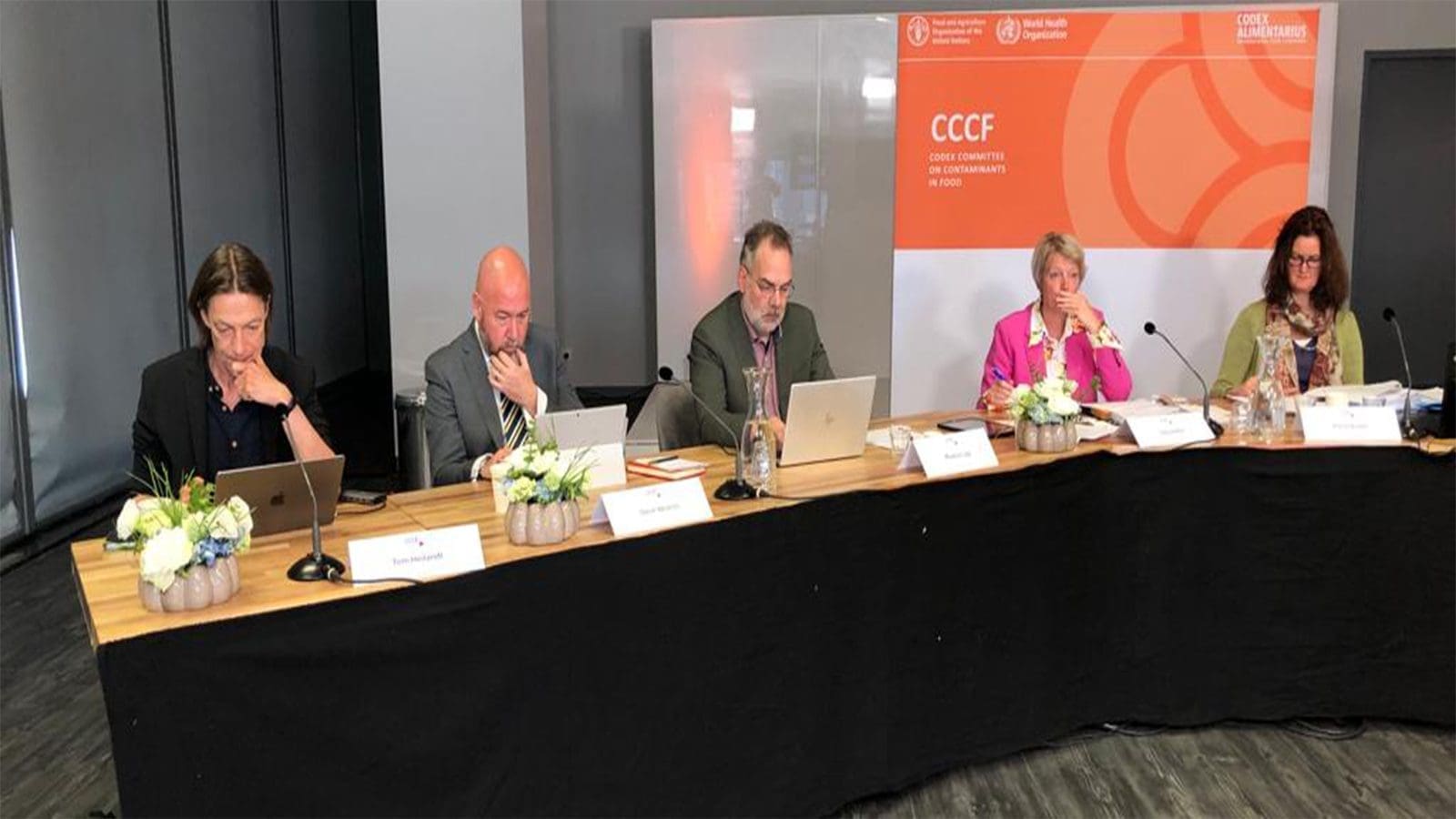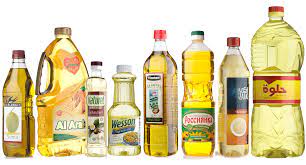GLOBAL – More than 400 delegates have gathered online for the opening of the Codex Committee on Contaminants in Food (CCCF) which is taking place from 9 to 24 May 2022, hosted by The Netherlands from Utrecht.
The committee regulates substances that have not been intentionally added to food by setting maximum levels to avoid levels of contamination that would make the food unsafe or affect its quality.
It also prepares priority lists of contaminants and naturally occurring toxicants for risk assessment by the Joint FAO/WHO Expert Committee on Food Additives (JECFA).
Speaking from the virtual studio, the Chairperson of the Codex Alimentarius Commission, Steve Wearne, United Kingdom, said working virtually had allowed for greater levels of participation in discussions, contributing to enhanced transparency and collaboration.
He urged for the retention of these benefits which are vital for a vibrant and inclusive Codex in the future
“But as we look forward, we should also make sure we nurture, renew and grow the personal and professional relationships and the opportunities for informal discussion that characterize us as the Codex family when we’re working at our best,” he said.
Tom Heilandt, the Codex Secretary, noted that the safety standards set by CCCF, such as maximum levels and codes of practice to prevent or minimize contamination, are at the core of the Codex mandate to protect consumer health and ensure fair practices in the food trade.
“You need to balance risks and benefits, enabling trade while ensuring safety. Often that is tricky, and one needs to compromise,” he said.
The committee is chaired by Sally Hoffer from the Dutch Ministry of Agriculture, Nature and Food Quality.
In recalling the hardship of lockdown and the trying times experienced by many over the past year, she expressed her regret that it was still not possible, due to the pandemic to meet in person to get to know each other a little better.
“We have continuity, we will progress the work, but it feels a little empty not seeing you or speaking to you in person,” she said.
This being its 15th session, the committee has a busy agenda.
“I recognize the appetite there is across many delegations to move forward the standards for environmental- and mycotoxins at this session … and I applaud this appetite for advancement of consensus-driven and science-based standards,” said Wearne.
Liked this article? Subscribe to Food Safety Africa News, our regular email newsletters with the latest news insights from Africa and the World’s food safety, quality and compliance. SUBSCRIBE HERE








